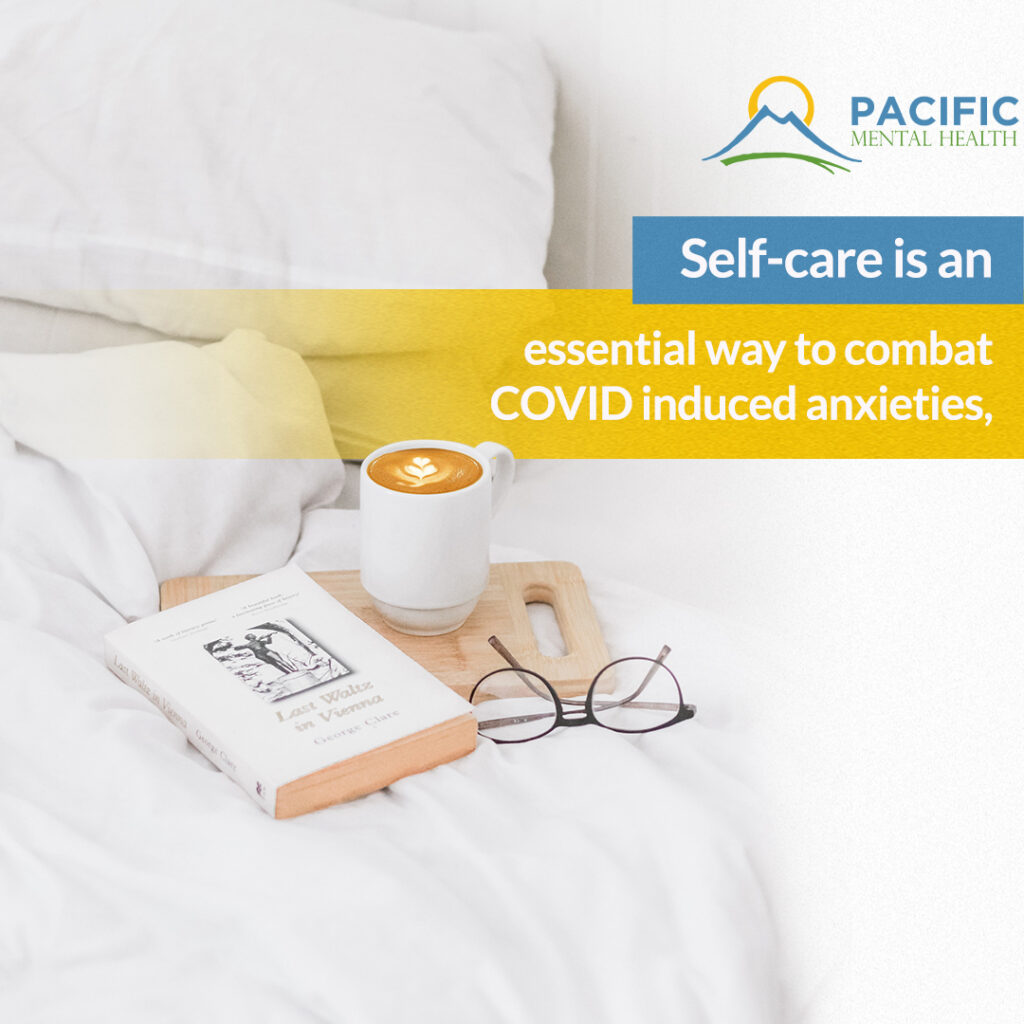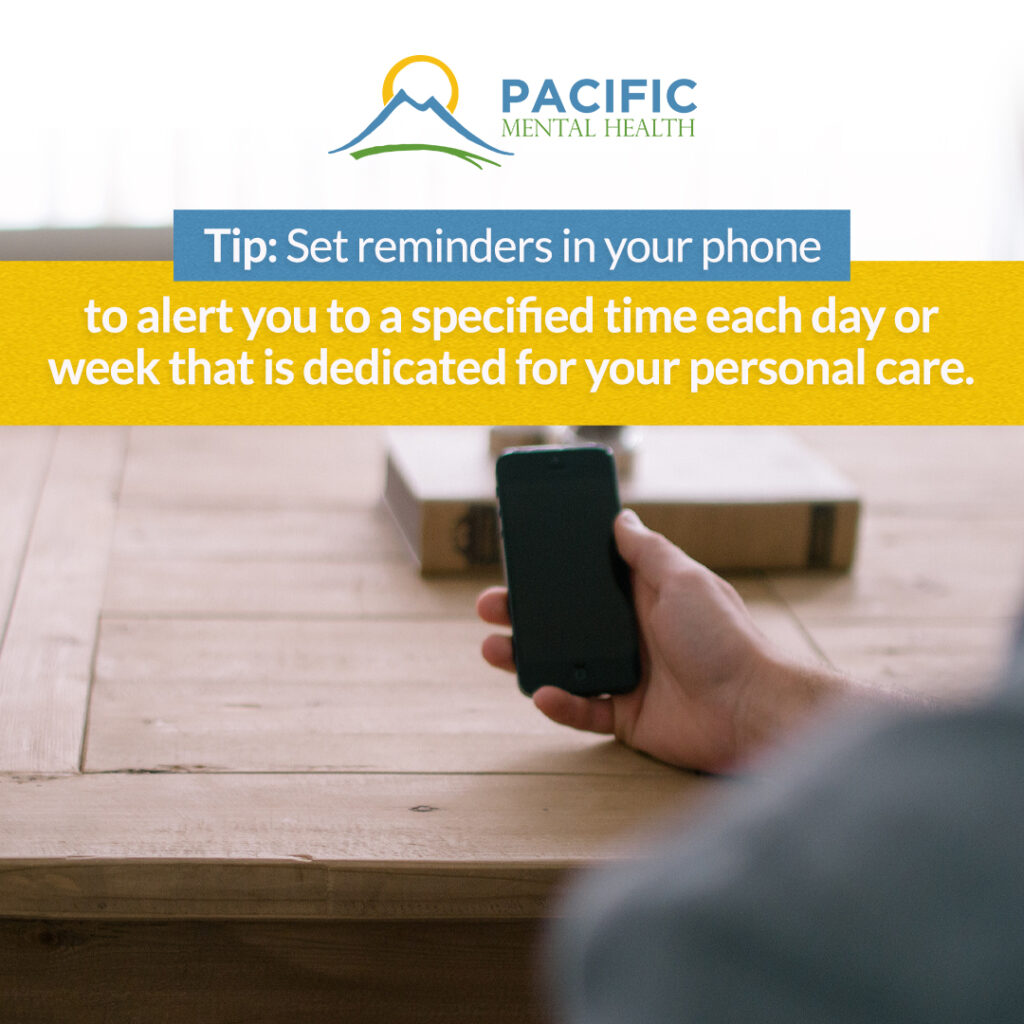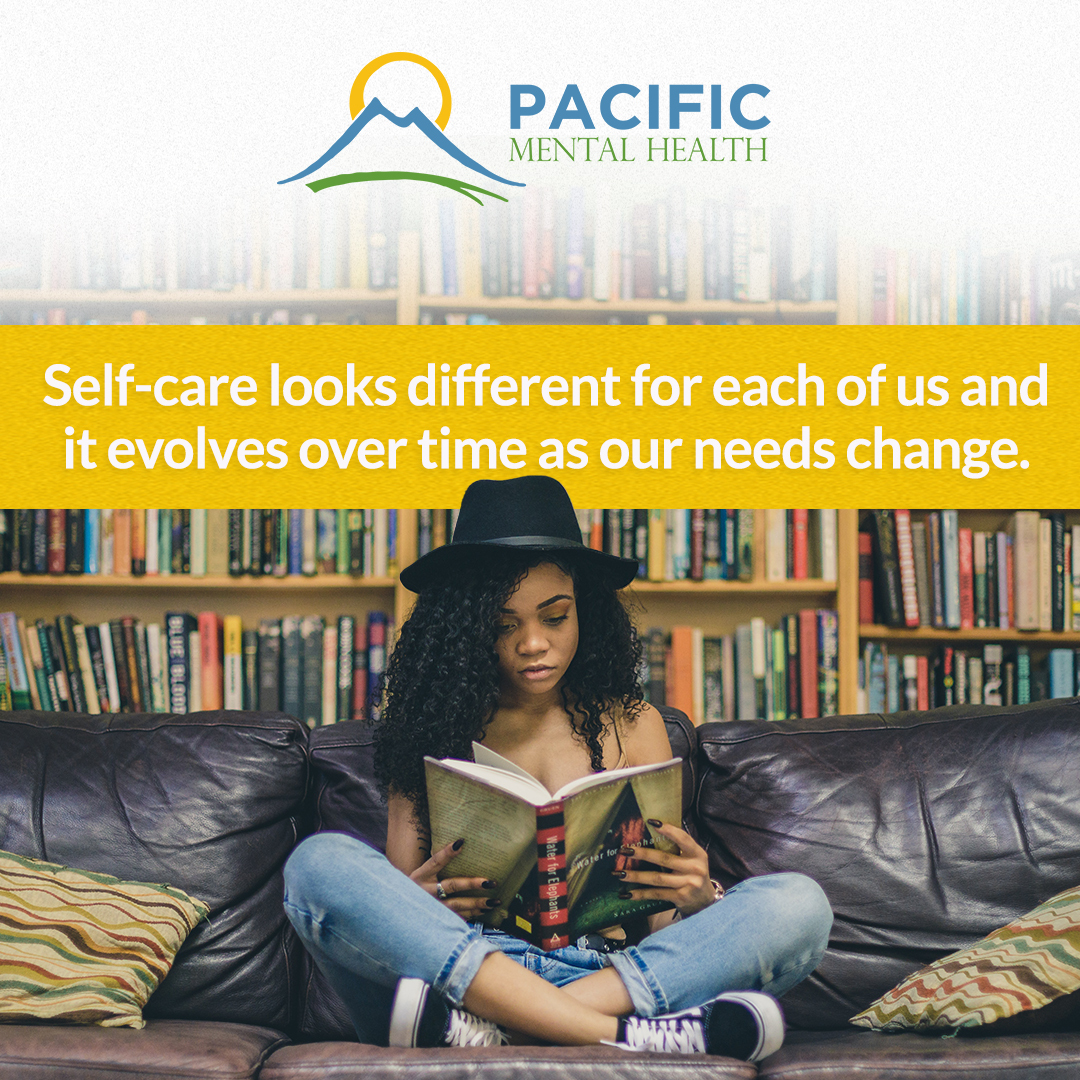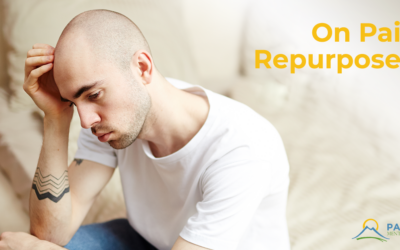Due to the COVID-19 pandemic, there are many unknowns in our world which has resulted in a collective sense of heightened stress, anxiety, and fear. For many of us, the pandemic has placed an unprecedented amount of demand and responsibility from work, school, and childcare, which can often feel overwhelming. Making time for self-care is an essential way to combat COVID-19 induced anxieties, yet prioritizing personal care can be challenging. Implementing change in any area of our lives can feel daunting. Although change is an undeniable facet of life, it is not usually a seamless process and there are often many hurdles that can stand in our way. Some of these obstacles include a lack of support, resources, and self-awareness. Identifying these obstacles can be the first step in implementing change, prioritizing self care and promoting mental health. Below are a few considerations to help you in creating and prioritizing quality personal care during the pandemic and beyond.
Self-reflection
Self-care looks different for each of us and it evolves over time as our needs change. When reflecting on what self care means to you, it’s important to recognize that we all respond to stressful situations differently. According to the CDC (2020), “how you respond to stress during the COVID-19 pandemic can depend on your background, your social support from family and friends, your financial situation, your health and emotional background, the community you live in, and many other factors.” Taking time to reflect on how the pandemic has impacted you on a personal level can promote self-awareness and assist in identifying the areas of personal care that are most beneficial to you.

Sit with the discomfort
Uncertainty often breeds discomfort and the fear we experience when confronted with uncertainty is often the obstacle that is blocking us from growth and positive change. Take time to acknowledge what you are experiencing without placing a value judgement such as, “what I’m feeling is wrong,” or “I shouldn’t feel this way.” Give yourself permission to sit with the good, the bad, and the uncomfortable so you can move through it instead of against it. In doing so, you are practicing a healthy self care technique that will serve you in times of heightened stress.
Set attainable goals
When eliciting positive change, it’s important to create achievable goals. It might not be realistic to find three hours each day for self care and instead, 30 mins every other day or even once a week may be more doable. It is more effective to find a set amount of time that you can reasonably commit to rather than setting yourself up for disappointment. Setting realistic and honest goals can often result in long-term benefits. Tip: Set reminders in your phone to alert you to a specified time each day or week that is dedicated for your personal care.
Stay with it
Whatever self-care means to you, it is important to remain consistent. With that said, if you miss a day or two of personal care, that’s okay. It might be helpful to reflect on what might have caused the absence of your self care and recommit to your personal care plan the following day. Remember to be kind to yourself. Growth is a process, and change often thrives after minor set-backs.

Ask for support
Self-care is an essential component to an individual’s mental health but it can be difficult to make the time, especially when our attention feels pulled in many different directions. Instead of shouldering the weight alone, ask for support. Reach out to trusted family members or friends to hold you accountable. Additionally, don’t be afraid to be creative. A journal can also act as a valuable member of your support team! Keeping track of your progress through writing is a great way to promote accountability and self-awareness.
Schedule an appointment with a trained mental health care professional at Pacific Mental Health for treatment coping with the the challenges that come with self-care or other mental health concerns . You can also read more articles about mental health topics written by Pacific Mental Health counselors and therapists on our blog.








0 Comments